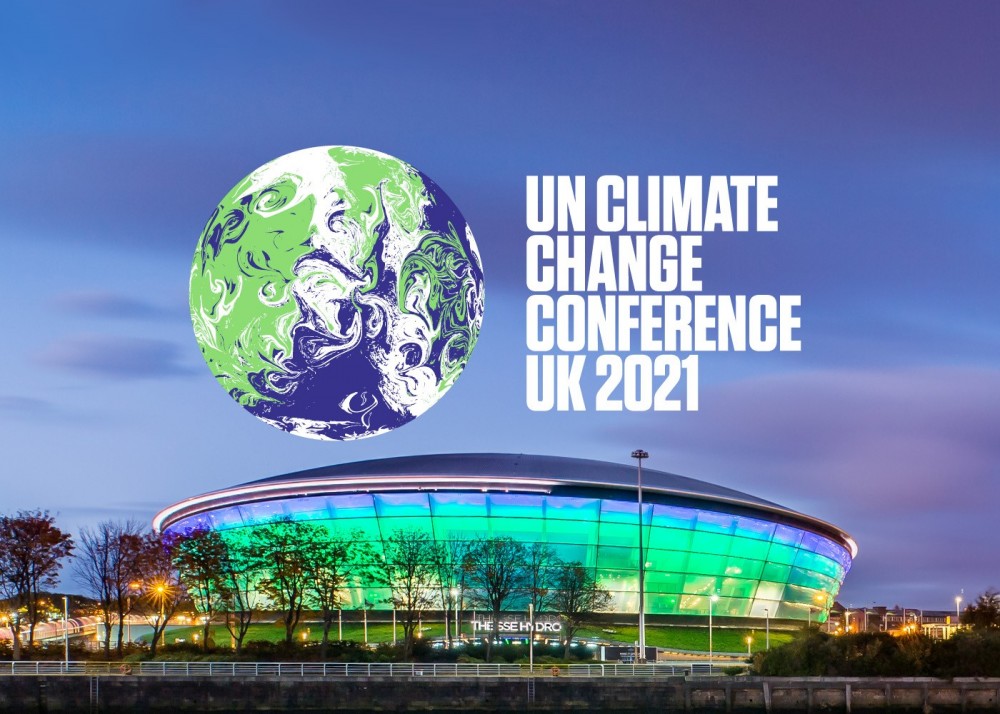The 26th United Nations Climate Change Conference is currently taking place in Glasgow. The main issues under discussion in this edition are the goals of achieving carbon neutrality by mid-century, limiting global warming to 1.5 degrees Celsius and ensuring the protection of natural communities and habitats that are most affected by climate change.
The corporate sector has a fundamental role in achieving these targets. According to the Ten Principles of the United Nations Global Pact, businesses should maintain a precautionary approach that favors the environment, encouraging initiatives that promote greater environmental responsibility and favoring the development and spread of environmentally friendly technologies.
The challenge is to make companies more efficient and sustainable while maintaining profitability and economic viability.
At the Kaizen Institute, we believe that implementing a continuous improvement culture helps to achieve this balance, helping us to take on environmental sustainability from different points of view:
- Eco-efficiency: reduce costs by minimizing the consumption of energy, water, materials, consumables, etc.
- Legal compliance and reporting: reducing or avoiding sanctions due to non-compliance with environmental regulations and reporting on sustainable development indicators and practices.
- Raising finance: having access to incentives (subsidies, funds, etc.) that reward sustainability initiatives.
- Leveraging growth: using sustainability as a marketing tool in order to improve brand reputation and become attractive to new segments.
- Cultural aspect: aim to achieve sustainability of the planet and the preservation of the well-being of the community and future generations.
How can we translate these intentions into a reality that produces results? In the context of continuous improvement, sustainability is neither an unknown concept nor a recent trend. From an environmental point of view, sustainability is understood as ‘that which can be maintained over a long period of time without exhausting resources or causing serious damage to the environment’. Let us recall one of the pillars of the KAIZEN™ methodology – the 5S – where the fifth S (sustain) relates precisely to sustaining the new standards and behaviors installed. Thus, any company with a culture of continuous improvement will have in its DNA the foundations of sustainability.
Maintaining a structured and pragmatic approach, the Kaizen Institute has already adapted its waste reduction model (muda model) to an environmental reality and this can be replicated in any sector. This adaptation allows, on the one hand, to broaden and strengthen the scope of application of the more traditional KAIZEN™ tools and, on the other, to customize solutions for this specific area.
Little by little, sustainability is no longer seen just as an expense but as an investment in the corporate world, whose return is increasingly clear to managers. In the immediate future, organizations are faced with the challenge of incorporating the measurement of their carbon footprint as a tactical indicator for the achievement of their strategic priorities. Making this commitment is the first step to embark on the journey of continuous improvement: measure to know, know to control and control to improve. Sustainability – environmental or otherwise – should not be considered as an isolated improvement but rather as a systematic stance that involves everyone, every day and all areas in an organization.
#sustainability #culture and organization
See more on Sustainability
Find out more about transformation in this sector
See more on Culture & Organization
Find out more about improving this business area
